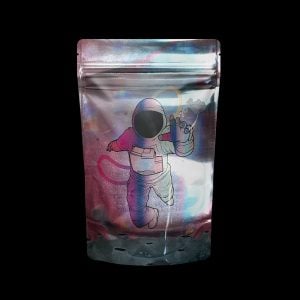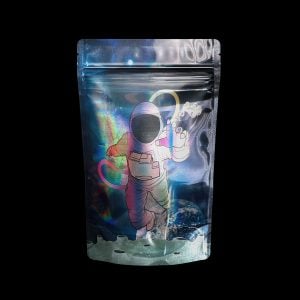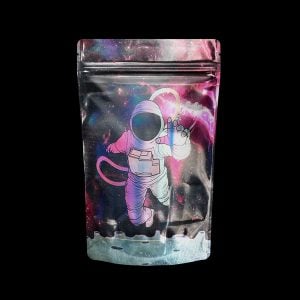Also bought together
this items could be interested for you
MDMA, commonly known as “ecstasy” or “molly,” is a synthetic drug that alters mood and perception. While MDMA is sometimes associated with party or rave culture, it’s important to note that the recreational use of this substance carries potential risks and can have serious health consequences. Here’s a general description of the effects people may seek or experience at parties when using MDMA:
Euphoria and Increased Empathy:
MDMA is known for inducing intense feelings of euphoria, happiness, and emotional warmth. Users often report heightened empathy and a strong sense of connection with others.
Increased Energy and Stamina:
MDMA can lead to increased energy levels and stamina, making it appealing in party or dance settings where individuals may want to dance for extended periods.
Enhanced Sensory Perception:
Many users experience heightened sensory perception, with music and lights often reported as more intense and enjoyable.
Reduced Anxiety and Inhibition:
MDMA can lead to a sense of relaxation and decreased social anxiety, making it easier for individuals to interact with others.
Jaw Clenching and Teeth Grinding:
A common side effect of MDMA use is jaw clenching and teeth grinding. Users often chew gum or use pacifiers to alleviate this symptom.
Dehydration and Hyperthermia:
MDMA can cause dehydration and an increase in body temperature, so it’s crucial for individuals to stay hydrated and be aware of their body temperature, especially in crowded or hot environments.
Enhanced Tactile Sensation:
Users often report an increased sensitivity to touch, leading to a desire for physical contact or massages.
Distorted Time Perception:
MDMA can alter the perception of time, causing hours to feel like minutes.
Potential Risks:
While many users may have positive experiences, it’s important to be aware of potential risks, including dehydration, overheating, serotonin syndrome, and long-term cognitive effects with frequent use.
It’s crucial to emphasize that the recreational use of MDMA is associated with significant risks, including adverse physical and psychological effects. Repeated use can have detrimental effects on mental health and may lead to dependency. The legality of MDMA varies by jurisdiction, and it is considered a controlled substance in many places.
Individuals should approach the use of MDMA with caution, be aware of the potential risks, and prioritize their health and safety. If someone is considering using MDMA or any other substance, seeking guidance from healthcare professionals or substance abuse counselors is advisable.
| Quantity | 14G, 28G |
|---|
Be the first to review “Bulk Green Jade MDMA” Cancel reply
Related products
MDMA Crystals
MDMA Crystals
MDMA Crystals
MDMA Crystals
MDMA Crystals
MDMA Crystals
MDMA Crystals
MDMA Crystals















Reviews
There are no reviews yet.